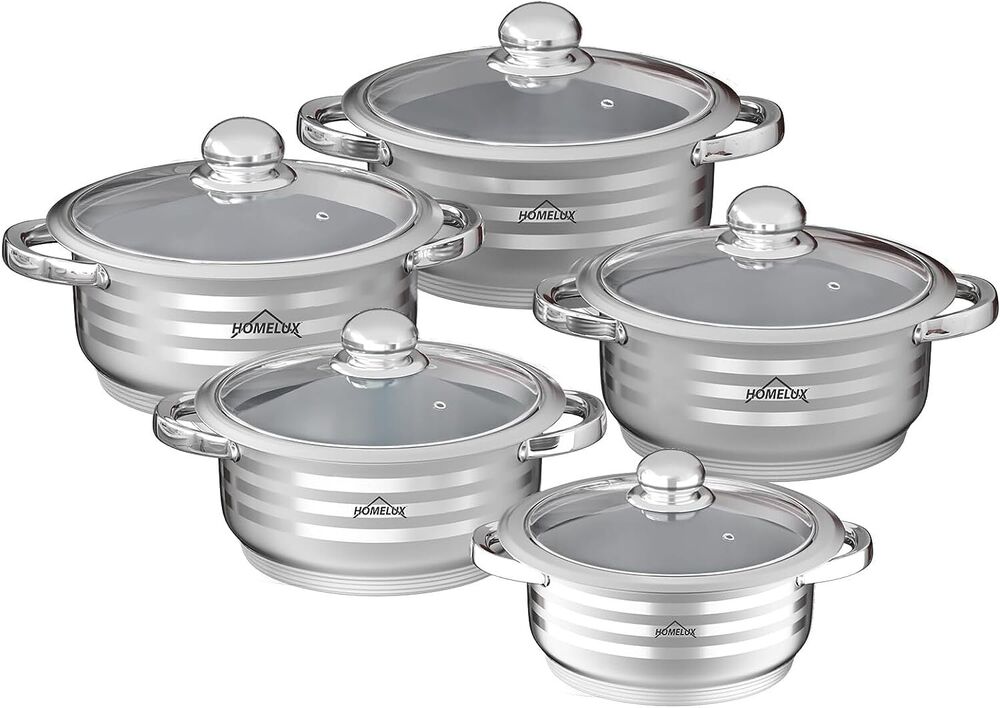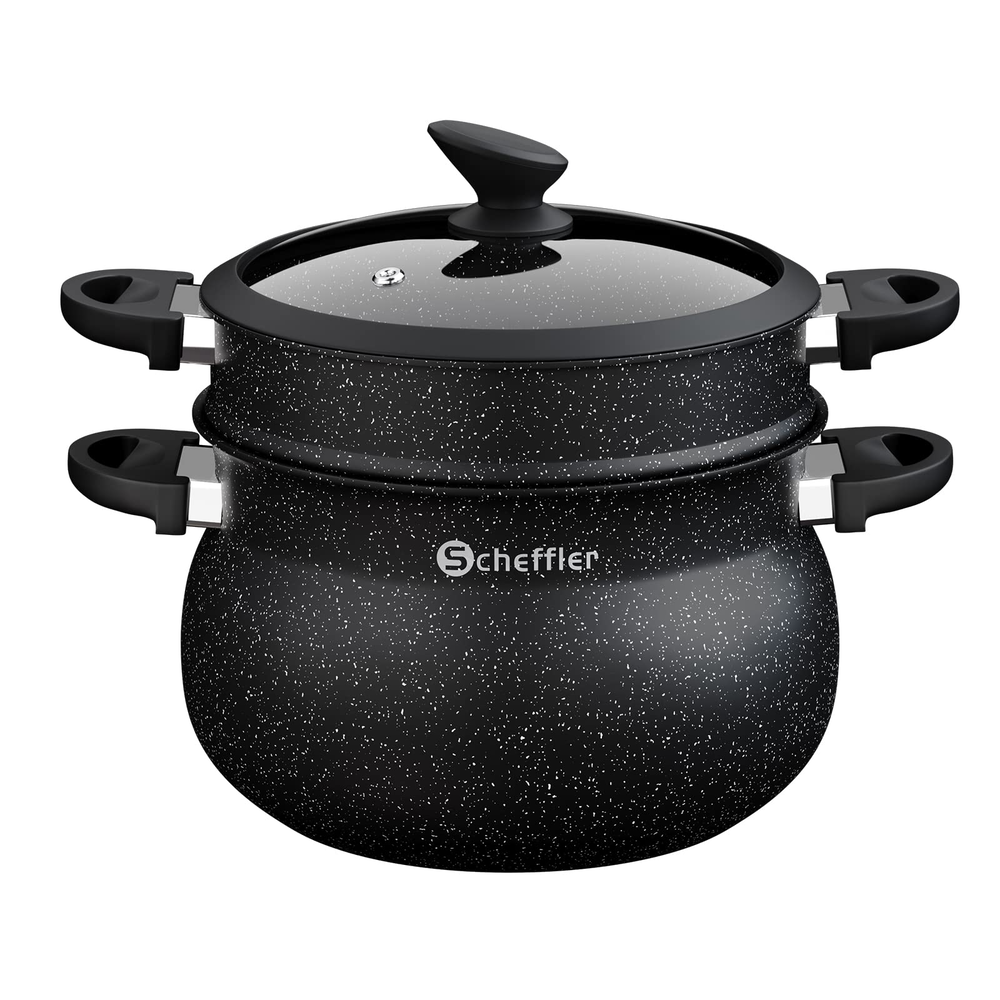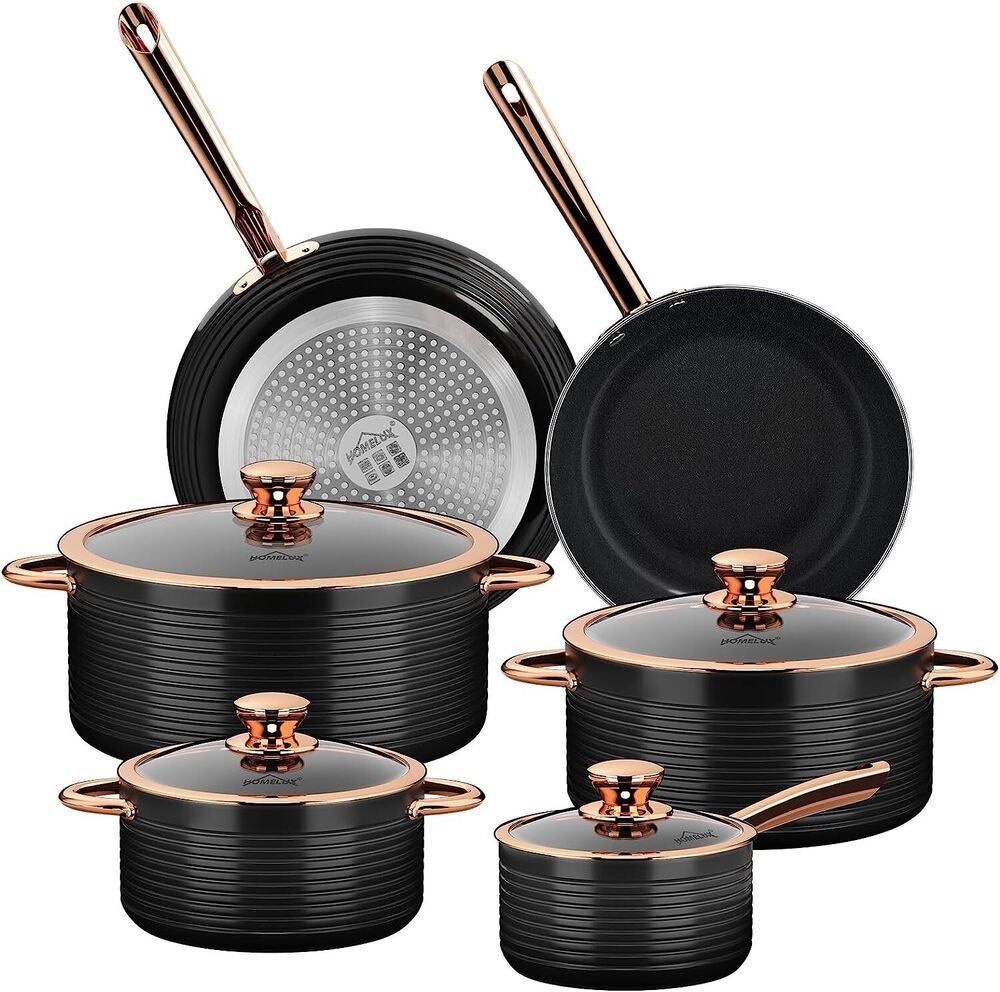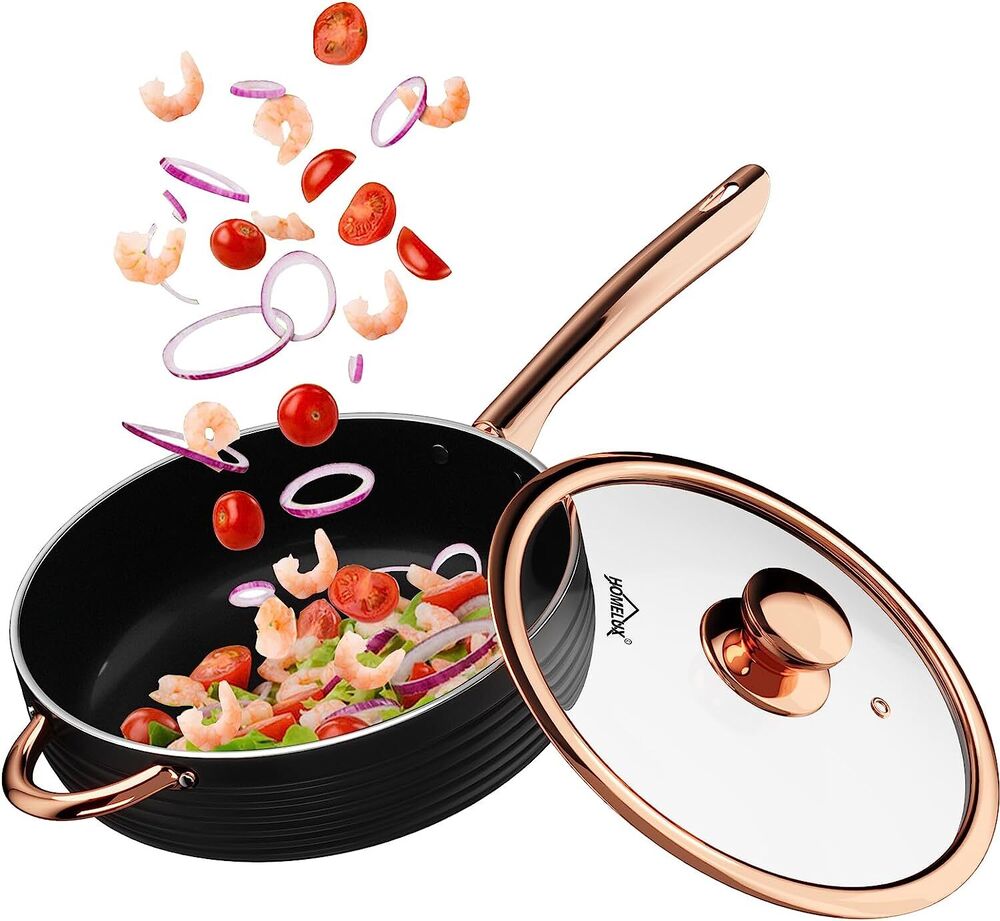White vs. Brown Eggs: What's the Difference?
You can find them on supermarket shelves, often next to each other: white and brown eggs. What is the difference between them? Is it just the shell, or is there more to it?
The influence of the chicken breed
The main factor that determines the color of the egg membrane is the breed of the hen. Chickens of the laying breeds known for brown eggs, such as the Red Long-eared, have genes that direct the flow of pigment into the egg membrane. This results in the characteristic brown coloring. In contrast, white laying hens, such as the White Laying Flock, do not have such pigment in their membrane, resulting in a more translucent, white shell.
Nutrient content
There is a common belief that brown eggs may be healthier or more nutritious than their white twins. But what does science say? Studies have shown that the nutritional content of eggs is similar, regardless of the color of the shell. Both contain proteins, vitamins such as vitamin B12 and D, and minerals such as iron and selenium. The slight differences in nutritional content may be due to the individual diets of the hens and their living environment.
Taste and quality
The taste and quality of eggs do not depend on the color of their shells. Both white and brown eggs can have different fat content depending on their origin and the type of chicken farming. Free-range or organic eggs are often considered to have a better fat content and a more intense flavor.
Costs and price
In many cases, brown eggs are slightly more expensive than their white counterparts. This may be due to higher demand and lower availability as there are fewer hens kept for brown eggs. Egg plants for brown eggs may also be more costly to produce.
Ethics and sustainability
The discussion about the conditions in which laying hens are kept is of great importance. Whether white or brown eggs, the demand for free-range and sustainable products has increased. Consumers are increasingly aware of the ethical and environmental impact of their purchasing choices.
Health aspects
There is no scientific evidence to suggest that egg shell color has any particular health benefits or harms. Individual protein source recommendations should be based on the individual's personal needs and diet.
Conclusion
The color of the egg membrane is therefore merely an aesthetic feature that has no impact on the nutrient density or taste. As a consumer, you should not be guided by color when choosing egg products, but instead look at the conditions in which the hens are kept, the sustainability of production and your personal taste.
Q&A
Question: Do white eggs taste different than brown eggs?
Answer: No, the taste of eggs is not influenced by the color of the shell. Rather, it depends on the way the chickens are kept and what they are fed.
Question: Are brown eggs more expensive than white eggs?
Answer: Yes, in many cases brown eggs are slightly more expensive due to higher demand and lower availability.
Question: Are brown eggs healthier than white eggs?
Answer: Studies show that the nutritional content of white and brown eggs is comparable. The differences in nutritional content are more likely due to the diet of the hens.













